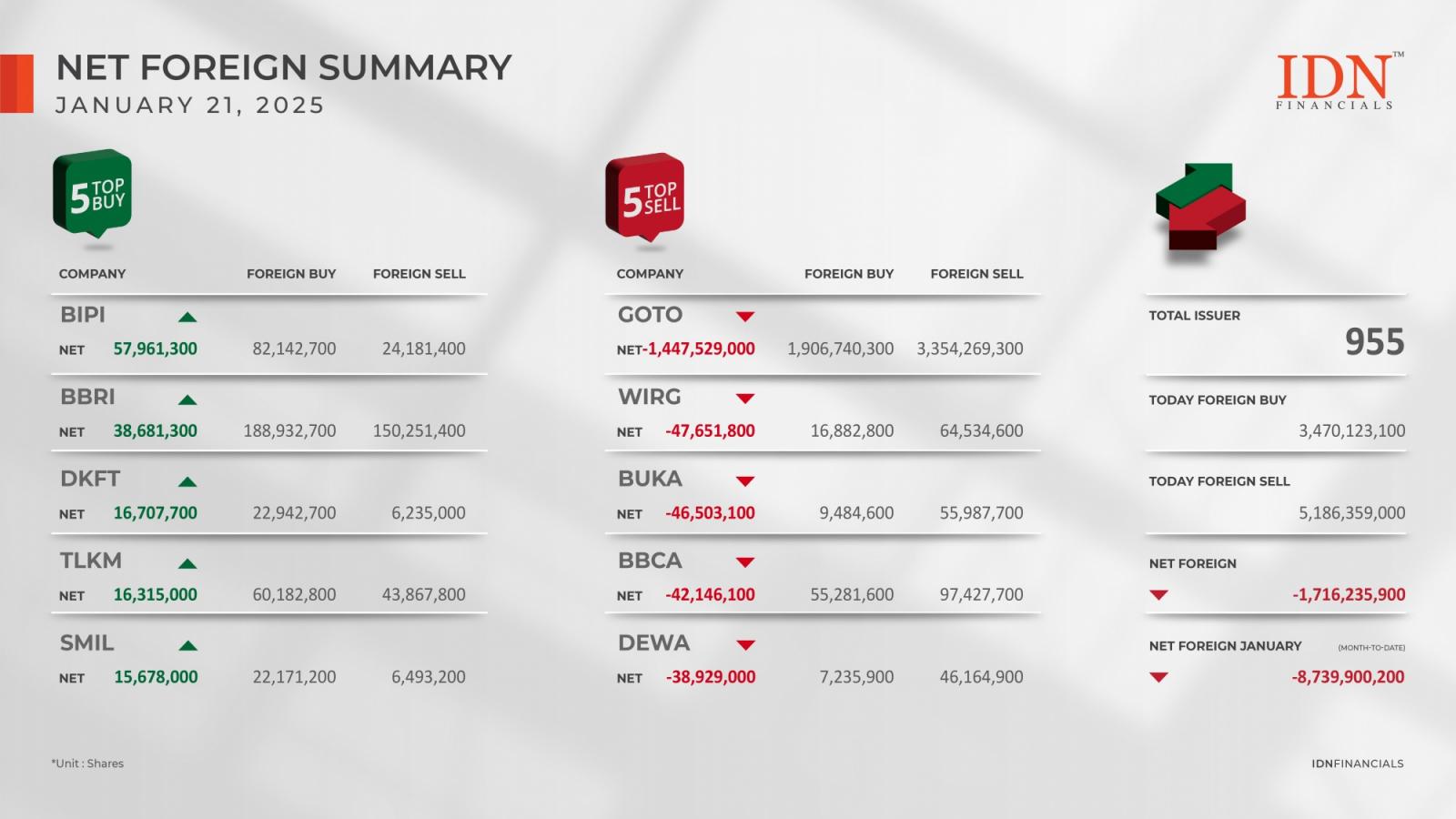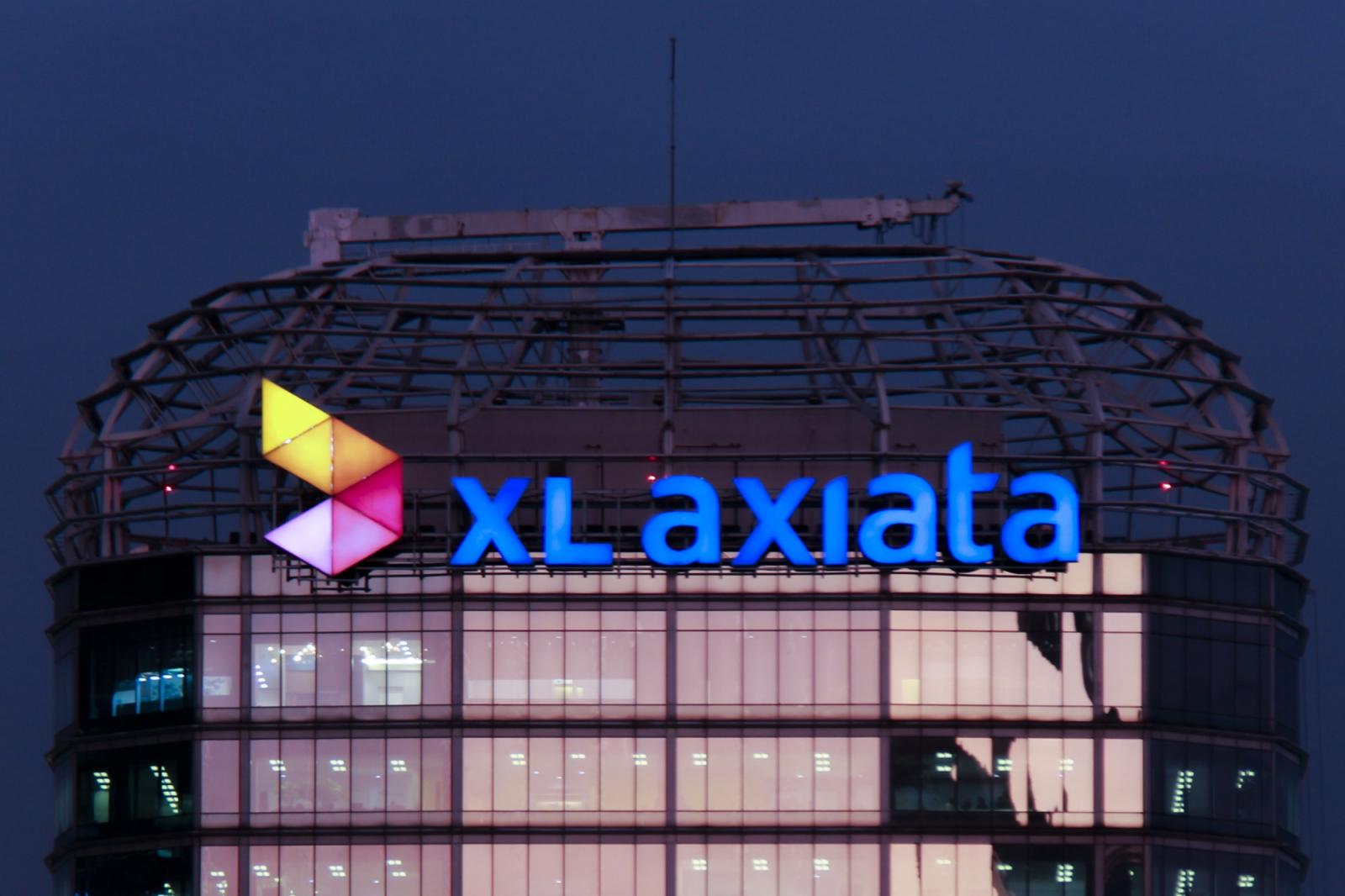Bitcoin miners have entered an extended sell-off period that hasn’t been witnessed since 2017, on-chain data suggests.
According to CryptoSlate lead analyst James Van Stratten’s June 17 analysis, the Bitcoin market is now 33 days into a miner capitulation, the sort that historically lasts for 41 days on average.
Bitcoin Miner Sell-Off In Effect
Miner capitulation is when Bitcoin miners are forced to shut down their machines and/or sell their BTC to stay afloat, suggesting that their business operations are currently unprofitable.
“The hash rate has dropped over 12% from its peak on May 26, with the next difficulty adjustment scheduled for June 20 expected to be slightly positive,” wrote Stratten in a research note on Monday, citing data from Newhedge.
How I currently see it
We are currently 33 days into a #Bitcoin miner capitulation, with the average duration over the past five years being 41 days.
Miner addresses collectively hold a substantial treasury of 700,000 BTC, but their balance has decreased by 30,000 BTC since… https://t.co/FM7A7sgfcp pic.twitter.com/iM42LXVDYx
— James Van Straten (@jvs_btc) June 17, 2024
The main headwind on miner profits as of late was April’s Bitcoin halving, which reduced the fixed Bitcoin block subsidy for miners from 6.25 BTC to 3.125 BTC per block. Since April 19, the mining industry’s baseline average daily revenue has fallen from ~900 BTC to ~450 BTC.
While network fees are still a source of revenue for industry firms, they are also minimal, with the post-Runes fee frenzy after the halving quickly dying off. As such, mining has become ultra-competitive, and only the most efficient facilities can continue operating at a profit.
Those who can’t have been selling their coins. Over the past 30 days, over 3000 BTC has been distributed from Bitcoin miner addresses, according to Glassnode data. This only continues a prevailing trend of net miner outflows since October 2023, with miners having sold 30,000 BTC since that time.
“This period marks the longest distribution phase for miners since 2017, adding to headwinds,” said Stratten.
Miners still collectively control over 700,000 BTC, which is more than the combined ownership of BlackRock and Grayscale’s Bitcoin ETF products.
Which Miners Are Selling?
While many analysts assumed that large, publicly traded mining firms would be efficient enough to stay healthy after the halving, on-chain data suggests that even the industry’s leaders are selling their coins as profit margins tighten.
In a research report last Wednesday, CryptoQuant wrote that miners had sold 1200 BTC in over-the-counter (OTC) trades. Most of those sales were initiated by Marathon Digital – the largest publicly traded miner.





